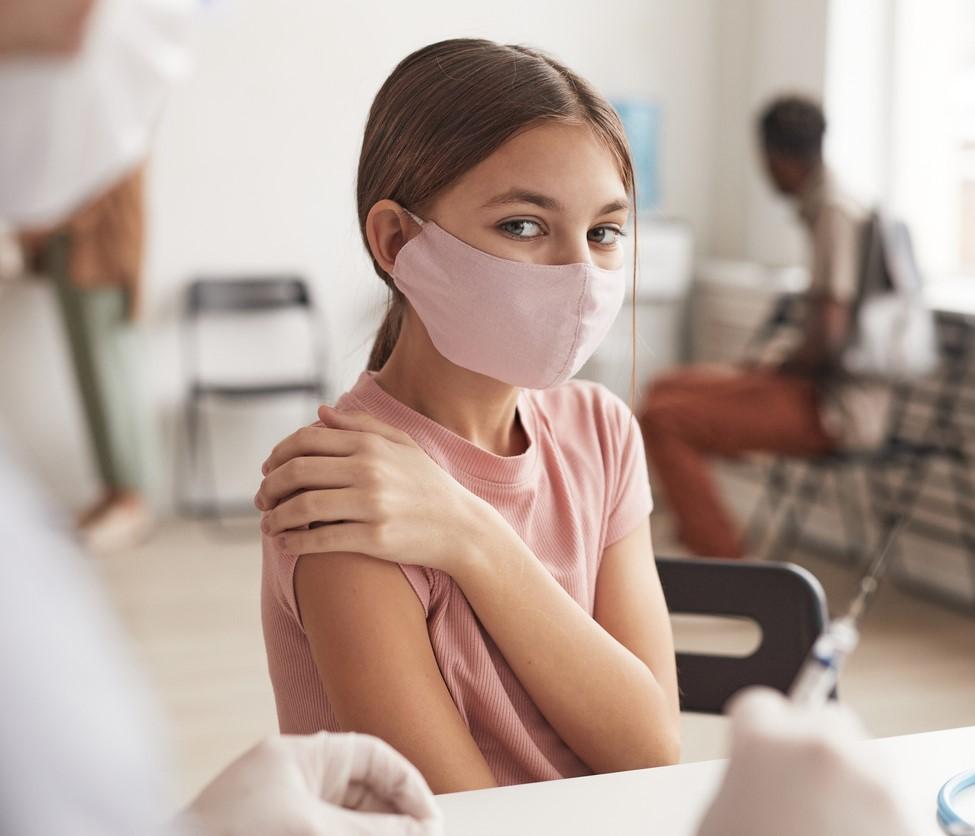The US Food and Drug Administration (FDA) vaccine advisory group today approved the emergency use of the Pfizer-BioNTech COVID-19 vaccine for children ages 5 to 11, putting the nation on a likely path to immunize younger schoolchildren with schools eager to avoid more disruptions and with holiday gatherings approaching.
With their vote, the 19-member Vaccines and Related Biological Products Advisory Committee (VRBPAC) voted 17 in favor, with 1 abstention, that the benefits outweigh the risks of vaccination. The FDA typically accepts the recommendations of its independent panel. Pending the FDA's decision, the Centers for Disease Control and Prevention (CDC) vaccine advisory group is scheduled to discuss a vaccine recommendation for kids on Nov 2.
The vaccine for children contains about a third of the dose already approved for those ages 12 and older, consisting of two 10-microgram doses given 3 weeks apart.
Ahead of the meeting, Pfizer said the pediatric dose was 91% effective against symptomatic COVID-19. At today's meeting, Pfizer's representative, William Gruber, MD, said the 10-microgram dose was chosen because it was less reactogenic with similar immunogenicity as larger doses.
Understanding COVID's impact on kids
Fiona Havers, MD, an epidemiologist with the CDC's Division of Viral Diseases, today outlined what is known about the impact of COVID-19 on children. She said the 1.9 million infections in the age group is likely a large undercount, because children often have asymptomatic or mild infections. However, she noted that since Oct 10, kids are making up a growing portion of the nation's cases.
She said about 8,300 kids have been hospitalized, with the biggest burden on Black, Native Americans, and Hispanic children.
Nearly 100 children have died from COVID-19, a level similar to flu, Havers said. Though morbidity and mortality patterns are similar to flu, she added that kids hospitalized for COVID-19 are more likely to be treated in the intensive care unit (ICU) and need mechanical ventilation.
About 5,300 kids have been diagnosed with a complication called multisystem inflammatory syndrome in children (MIS-C), Havers said. She also noted that though children can experience long COVID, their rates are lower than in adults.
Thorny issues in pediatric population
One of the issues the group struggled with was assessing the risk of myocarditis, a rare and typically mild event reported in some younger men who received mRNA vaccines.
Just ahead of the vote, VRBPAC member Paul Offit, MD, professor of pediatrics at the Children's Hospital of Philadelphia, said the data signals so far are reassuring, with lower levels of classic myocarditis occurring in children combined with a lower dose for children. He noted that so far, there's no sign that myocarditis levels are higher in vaccinated adolescents.
Some members had reservations about approving the vaccine for kids, including whether the scope of vaccination for kids should focus on at-risk youngsters. Cody Meissner, MD, director of pediatric infectious disease at Tufts Medical Center in Boston, said many parents are nervous about the vaccine, and he aired worries that other groups will mandate use of the vaccine, which he said he didn't agree with and would be an error.
Other members pushed back, saying that voting no on the vaccine would deny it to all children. Amanda Cohn, MD, chief medical officer for the CDC's National Center for Immunizations and Respiratory Diseases, noted that other pediatric vaccines—such as flu immunization—are aimed at diseases with death rates similar to or lower than COVID-19.
"It's clear to me: The benefits outweigh the risks," Cohn said.





















